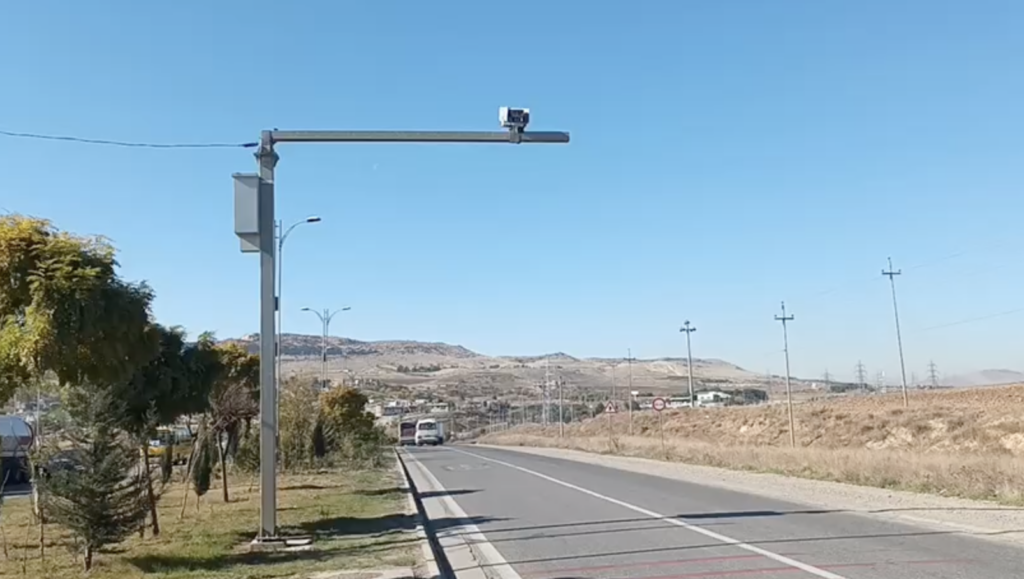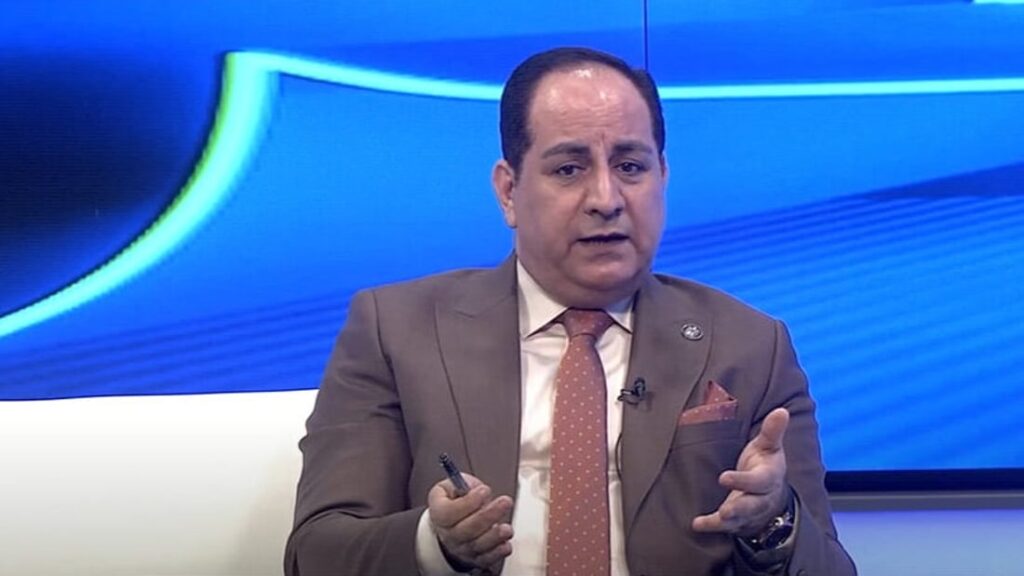Iraq: UNHCR Iraq Factsheet - August 2019
54,410 Refugees and IDPs reached with protection monitoring last month
5,352 Persons of concern received Core Relief Items last month
567 Refugee and IDP families received cash assistance last month
29,117 Syrian refugees supported with access to medical consultations last month
Working with Partners
? Through the Regional Refugee and Resilience Plan (3RP), UNHCR leads the humanitarian response for Syrian refugees in close coordination with humanitarian actors and government authorities to protect and assist refugees and asylum-seekers, and to prevent statelessness. Under the 3RP, UNHCR leads the Protection, Shelter, and Basic Needs sectors, and co-leads Health with WHO and WASH with UNICEF.
? UNHCR is engaged in the inter-agency response for ongoing internal displacement and returns, leading the Protection, Camp Coordination and Camp Management (CCCM), and Shelter/Non-Food Items (also known as core relief items or CRIs) clusters, as part of the cluster coordination mechanism for the IDP response. UNHCR is also co-leading, with WFP and the World Bank, the Social Protection and Inclusion Working Group within the Recovery and Resilience Programme (RRP) for Iraq.
Main Activities
Protection
? Refugees – UNHCR coordinates with the government, UN agencies, and local and international partners on the response for refugees, including activities related to registration, protection monitoring and advocacy, legal aid, psychosocial support, child protection, and prevention and response to sexual and gender-based violence (SGBV). Resettlement to third countries is pursued for a small number of refugees with acute vulnerabilities.
? IDPs – Direct interventions are undertaken with local, regional and national authorities to ensure that the displaced can access safety in camps and non-camp locations. Protection monitoring teams have been deployed to identify protection and assistance needs, which directly inform protection responses, including provision of legal assistance on a range of issues such as missing civil documentation, prevention and response to SGBV and sexual exploitation and abuse (SEA), child protection, reunification of separated families, and the coordination of IDP protection responses with the government, NGOs and other UN agencies.
? Returnees – Voluntary, safe and dignified return is a strategic priority for UNHCR and the humanitarian community in Iraq. UNHCR monitors the return of displaced persons to their areas of origin and advocates with authorities when there are incidents of barred returns, or risks of forced or coerced returns to areas that are unsafe due to contamination of explosive remnants of war (ERW) and improvised explosive devices (IED), presence of militias, widespread destruction of property, and absence of critical infrastructure and basic services.
Shelter and NFIs
? UNHCR provides shelter assistance, core relief items, and coordinates with humanitarian actors to complement the work of local authorities to improve living conditions of vulnerable IDPs and refugees in camp and non-camp settings throughout Iraq. Over 350,000 IDPs in Iraq are hosted in 95 camps across the country, and around 90,000 Syrian refugees reside in nine camps throughout the Kurdistan Region of Iraq (KR-I), where 99 per cent of Syrian refugees live, 39 per cent in camps and the remainder in urban, peri-urban, and rural areas.
Camp Coordination and Camp Management
? As the CCCM Cluster lead, UNHCR works with local authorities and humanitarian actors to provide coordinated services to IDPs. In camps, this translates to ensuring adequate shelter, delivery of food and water, presence of education and health facilities, as well as capacity building for camp management actors and service providers. Partners’ mobile teams provide CCCM services to camps and out-of-camp settlements throughout Iraq. UNHCR, alongside other humanitarian partners, are advising on a government-led process for the consolidation of camps in line with the Principled Returns Framework.
Basic Needs
? UNHCR assists vulnerable displaced and refugee families to cover their most basic needs through the distribution of cash assistance. In areas where markets are functioning and accesible to beneficiaries, unconditional cash provides an efficient way to meet the needs of those affected by displacement, allowing families to prioritze their own needs while upholdng their dignity and making them less likely to resort to harmful coping strategies.




